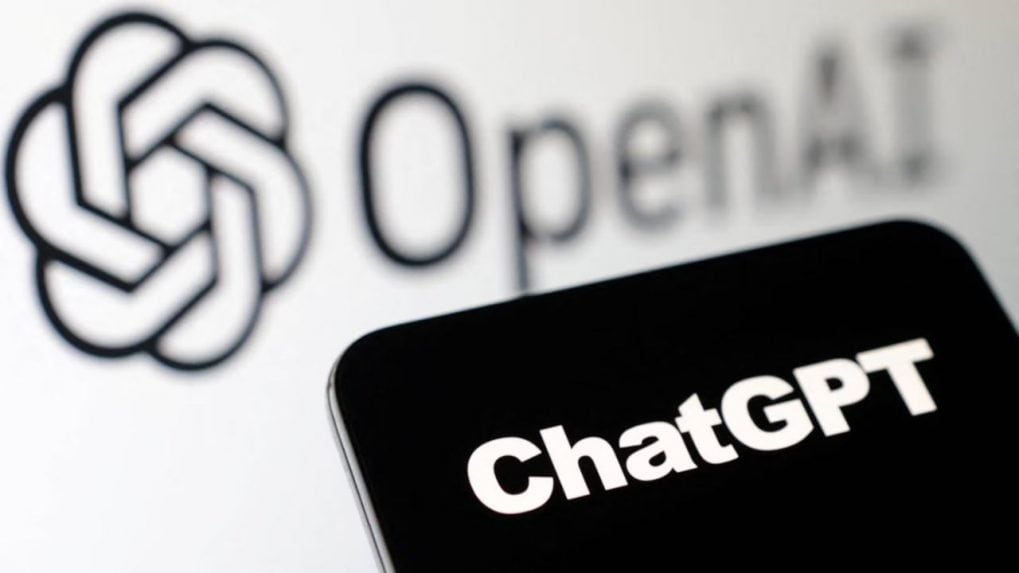Brand Makers
Dil Ka Jod Hai, Tootega Nahin

US-based artificial intelligence firm OpenAI is seeking to prevent Indian media groups from joining a copyright lawsuit, claiming it does not use their content to train its AI models. In a court filing, revealed by Reuters, OpenAI claims that it has not used content from the media groups, which include NDTV, Indian Express, Hindustan Times, and Network18, to develop ChatGPT.
The lawsuit, initiated by Indian news agency ANI, alleges that OpenAI scrapes published content from news websites without permission to train its AI. The ChatGPT-maker OpenAI's filing, dated February 11, asserts that the company only uses publicly available data, in line with fair use principles.
OpenAI, backed by Microsoft, maintains that it is not obligated to strike licensing agreements with media outlets and has defended its practices in court cases worldwide involving copyright claims from authors, musicians, and news organizations. While the company has signed agreements with global publishers to display content, it has not entered similar deals with Indian media groups. OpenAI contends that its use of publicly available data aligns with Indian copyright law.
"The raucous, almost deafening, cuss words from the heartland that Piyush Pandey used with gay abandon turned things upside down in the old world order."
Read MoreFrom OpenAI’s ChatGPT-powered Atlas to Microsoft’s Copilot-enabled Edge, a new generation of AI-first browsers is transforming how people search, surf and interact online — and reshaping the future of digital advertising.